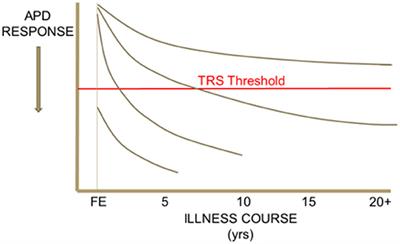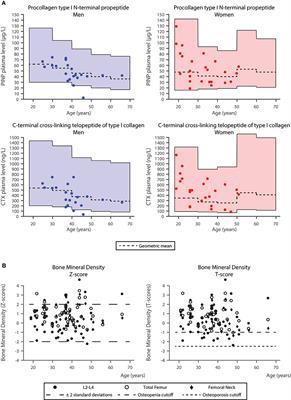EDITORIAL
Published on 21 Nov 2019
Editorial: Neurobiology, Clinical Course, and Therapeutic Approaches of Treatment-Resistant Schizophrenia: Toward an Integrated View
doi 10.3389/fpsyt.2019.00870
- 2,122 views
- 2 citations
19k
Total downloads
124k
Total views and downloads
You will be redirected to our submission process.
EDITORIAL
Published on 21 Nov 2019
REVIEW
Published on 03 Sep 2019
REVIEW
Published on 28 May 2019
SYSTEMATIC REVIEW
Published on 17 Apr 2019
MINI REVIEW
Published on 30 Jan 2019

BRIEF RESEARCH REPORT
Published on 28 Jan 2019

ORIGINAL RESEARCH
Published on 04 Dec 2018

BRIEF RESEARCH REPORT
Published on 31 Oct 2018

REVIEW
Published on 30 Oct 2018

CLINICAL TRIAL
Published on 26 Feb 2018

ORIGINAL RESEARCH
Published on 06 Nov 2017

CASE REPORT
Published on 21 Sep 2017

